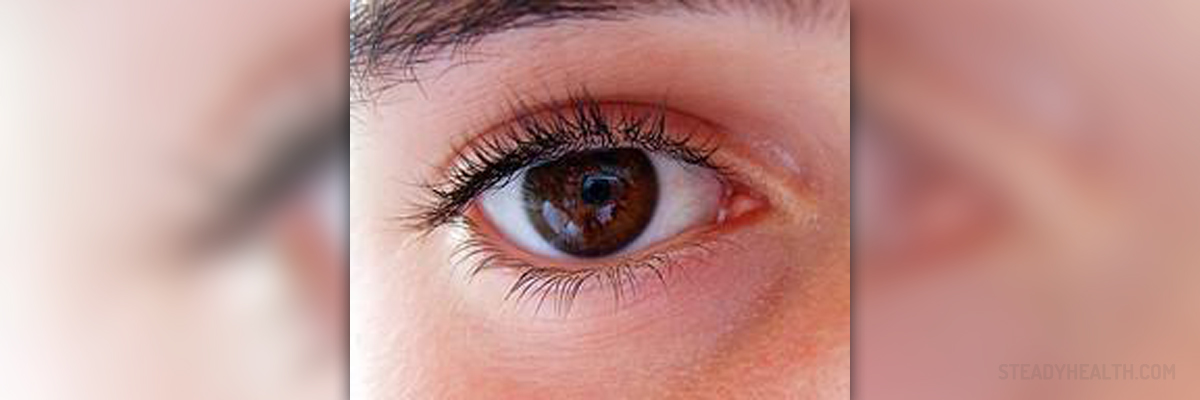
High blood pressure in the eyes is known as ocular hypertension. In healthy adults, ocular pressure is somewhere between 10 and 21mm Hg (millimeters of mercury), but when this pressure reaches values over 21mm Hg, this is considered as a medical problem and such patients are said to suffer from ocular hypertension.
Do You Have Eye Hypertension?
However, criteria for diagnosing ocular hypertension include normal appearance of the optic nerve and no evident signs of glaucoma or any other eye disease. When someone with this condition comes to an eye specialist (an ophthalmologist) and his or her eye pressure is found out to be more than 21mm Hg in at least two occasions, this person is diagnosed with ocular hypertension.
By using gonioscopy and special contact lenses, your ophthalmologist will determine the health of your eyes, your visual field and your peripheral vision and check the condition of your eye drainage system. This is known as the “angle” which can be open, narrowed or closed and this can help the doctor to determine the underlying cause of high pressure in your eyes.
Risks Associated with Ocular Hypertension
Ocular hypertension is not actually the disease, but more a risk factor for development of glaucoma. People with high pressure in the eyes are more likely to develop glaucoma (sometimes, medical professionals use the term glaucoma suspects for these patients) and should be more closely watched by their doctors. Increased pressure in the eyes may lead to damage of the optic nerve and sometimes even serious loss of vision.
According to the statistical data, there are almost 2.5 millions of Americans suffering from glaucoma and 130.000 of them are completely blind because of this disease. These facts explain why the high risk patients for glaucoma should be closely observed.
What you need to know is that high intraocular pressure does not have to cause any symptoms and you might have ocular hypertension without realizing it. Your eyes, however, are still sensitive and can be damaged by this problem and you might end up developing glaucoma. Some studies have discovered that about 4 to 10% of people over 40 years of age are suffering from high intraocular pressure and 10% of them will develop glaucoma in the following 5 years. Those who lowered their eye pressure to normal (by using either medications or laser treatment) are also found to decrease the chances to develop glaucoma to some 5%.
Early detection and treatment of ocular hypertension are, therefore, extremely important and can prevent glaucoma and vision loss.


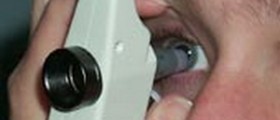

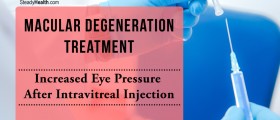
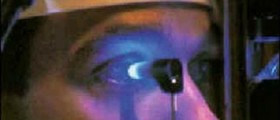
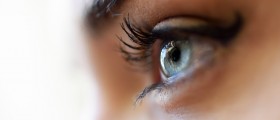
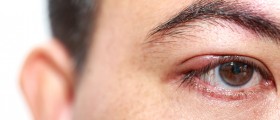

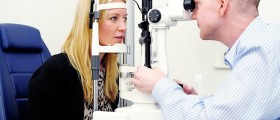
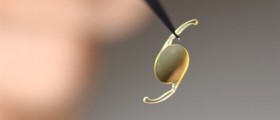
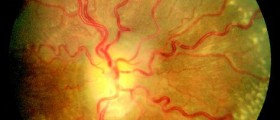
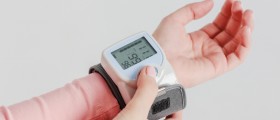
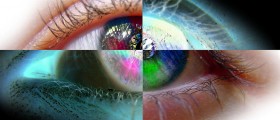
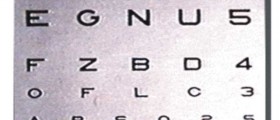

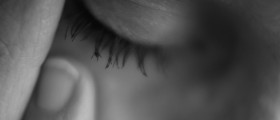
Your thoughts on this
Loading...